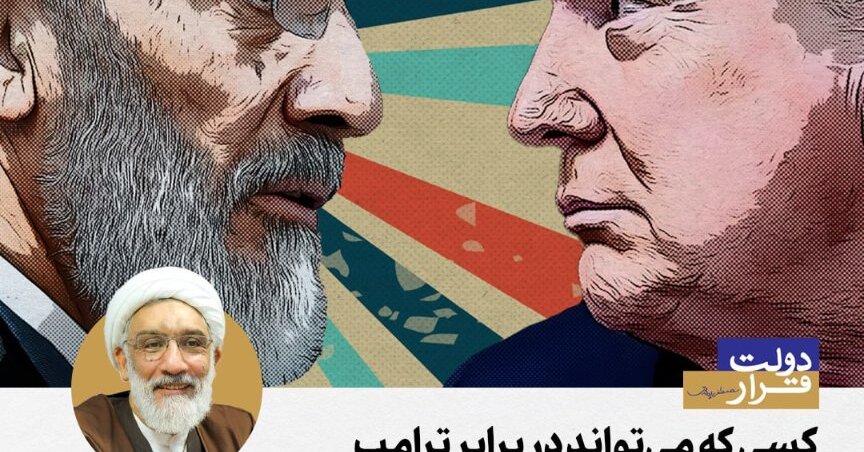Iran’s presidential campaign has been dominated by discussions about the potential return of former U.S. President Donald Trump to office in 2024. Candidates in the Iranian election have largely focused on who is best suited to handle Trump, rather than focusing on President Biden or polling suggesting a close race in the U.S. election. Issues such as the nuclear deal, economic sanctions, and foreign policy with the U.S. have taken center stage in the campaign.
The shadow of Trump’s previous presidency looms large over Iran due to his decision to unilaterally withdraw from the nuclear deal and impose tough economic sanctions targeting Iran’s oil revenues and banking transactions. President Biden’s efforts to revive the deal have not been successful, and the sanctions and economic challenges faced by Iran have worsened. The six candidates in Iran’s election, including conservatives and a reformist, acknowledge the importance of foreign policy in addressing economic relief and the potential impact of a Trump presidency.
Iranian political circles have been preparing for the possibility of Trump’s return even before this special presidential election was called to replace the deceased President Ebrahim Raisi. Iran has engaged in indirect negotiations with both the Trump and Biden administrations on various issues, including a possible prisoner swap and a return to the nuclear deal. Should Trump be elected, Iran plans to continue such negotiations indirectly but will not meet with him directly.
Mohammad Baqer Ghalibaf, considered the front-runner in the presidential race, has emphasized the need for strategic decisions in dealing with Trump, who he views as lacking integrity. Ghalibaf, a conservative speaker of the Iranian Parliament, has highlighted the importance of restoring the nuclear deal and sanctions relief as top priorities, warning that failing to make timely decisions could result in selling out Iran or creating internal tensions.
In the Iranian theocracy, the supreme leader has final authority on major state matters, but the president sets the domestic agenda and has some influence over foreign policy. Concern among Iranian voters about Trump’s potential return has led to questions for candidates about their plans to counter him. Candidates like Dr. Masoud Pezeshkian have focused on experienced negotiators like Mohammad Javad Zarif and Abbas Araghchi, who were involved in previous nuclear deal negotiations.
Ultraconservative candidates like Saeed Jalili have used rhetoric invoking the memory of Qassim Suleimani, the general assassinated on Trump’s orders, to show strength in dealing with Trump. The intense focus on handling a potential Trump presidency reflects the deep concerns within Iran about the implications of U.S. foreign policy decisions for the country’s economy and security. The outcome of the election will shape Iran’s future approach to negotiations with the United States and other world powers.








